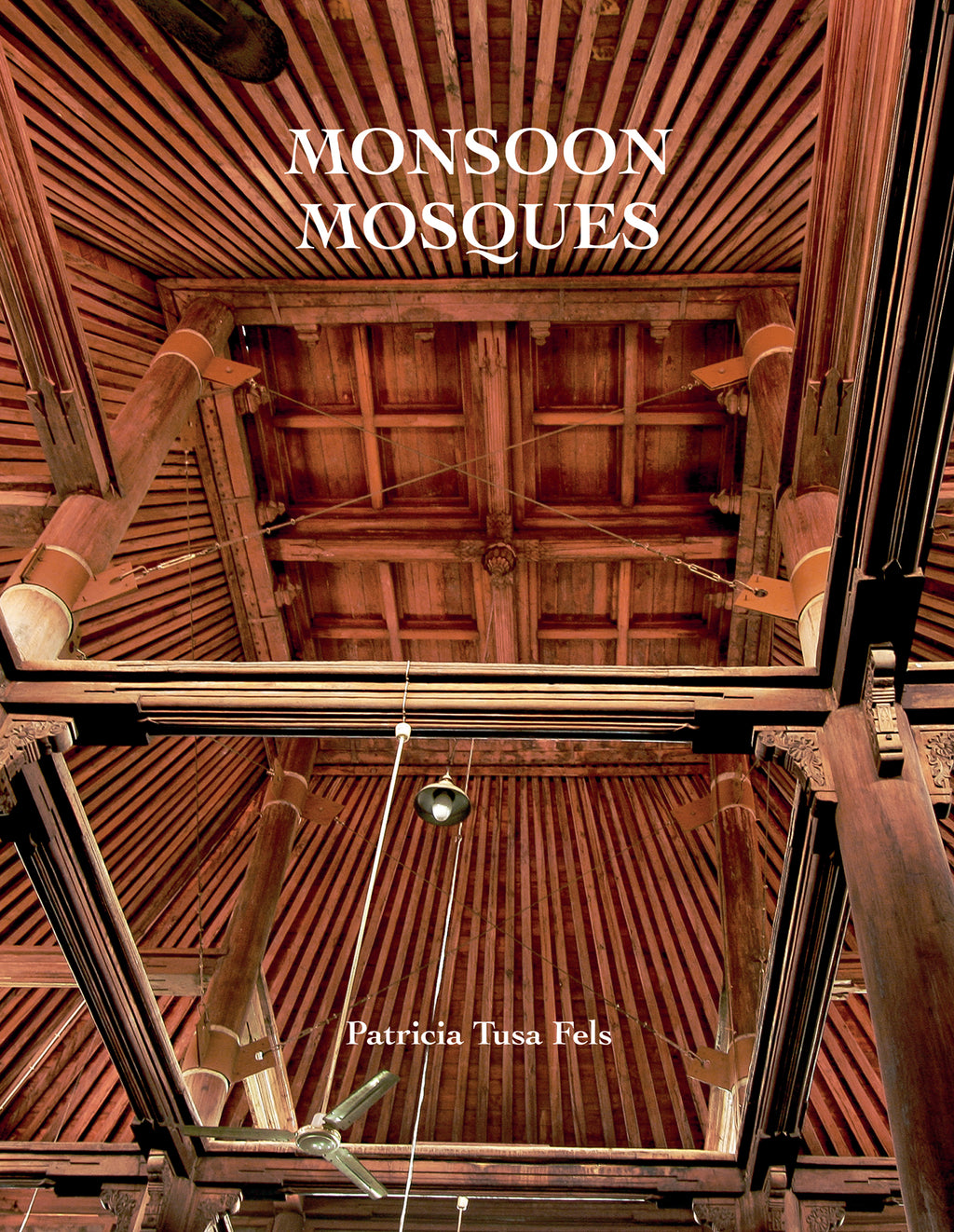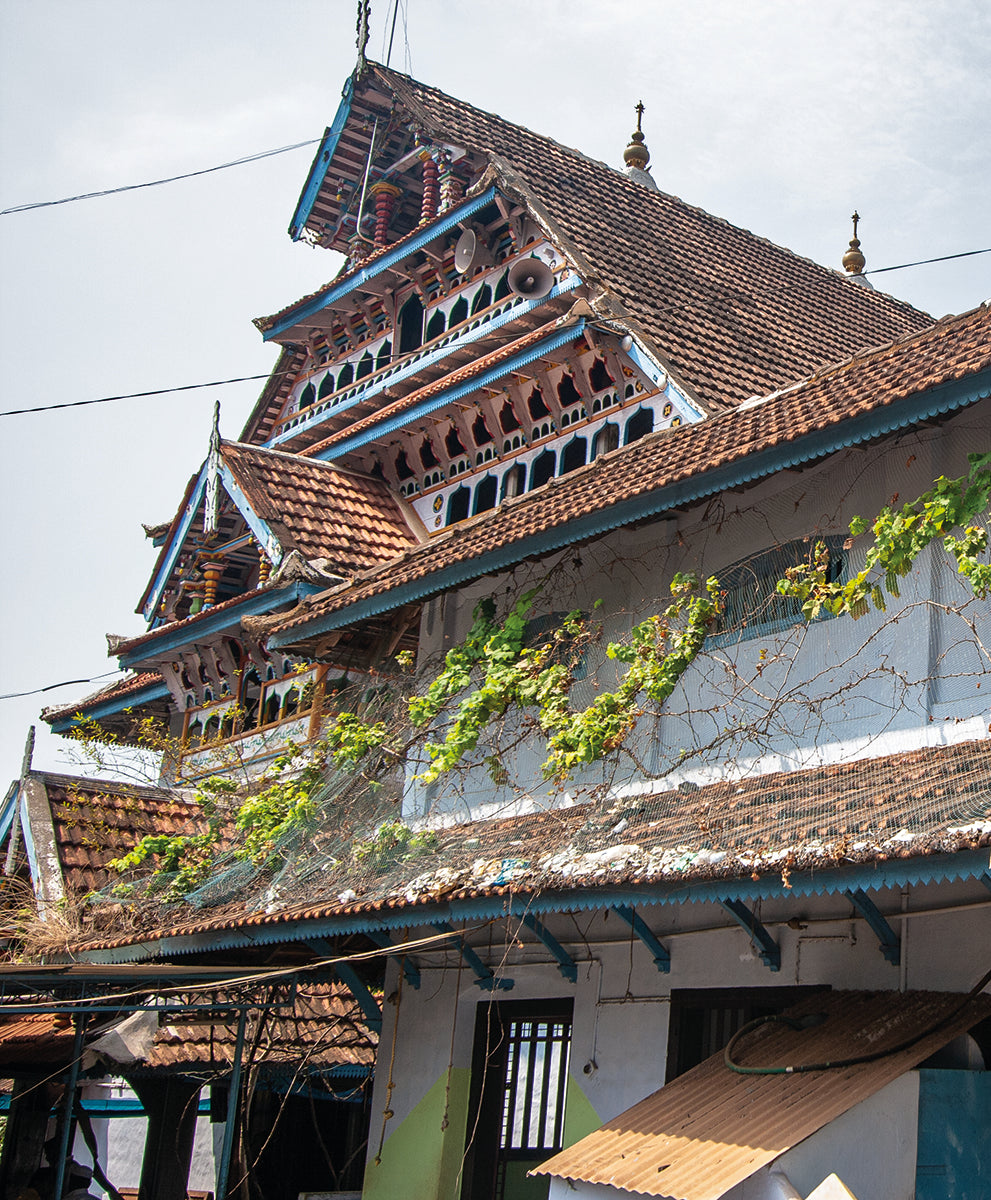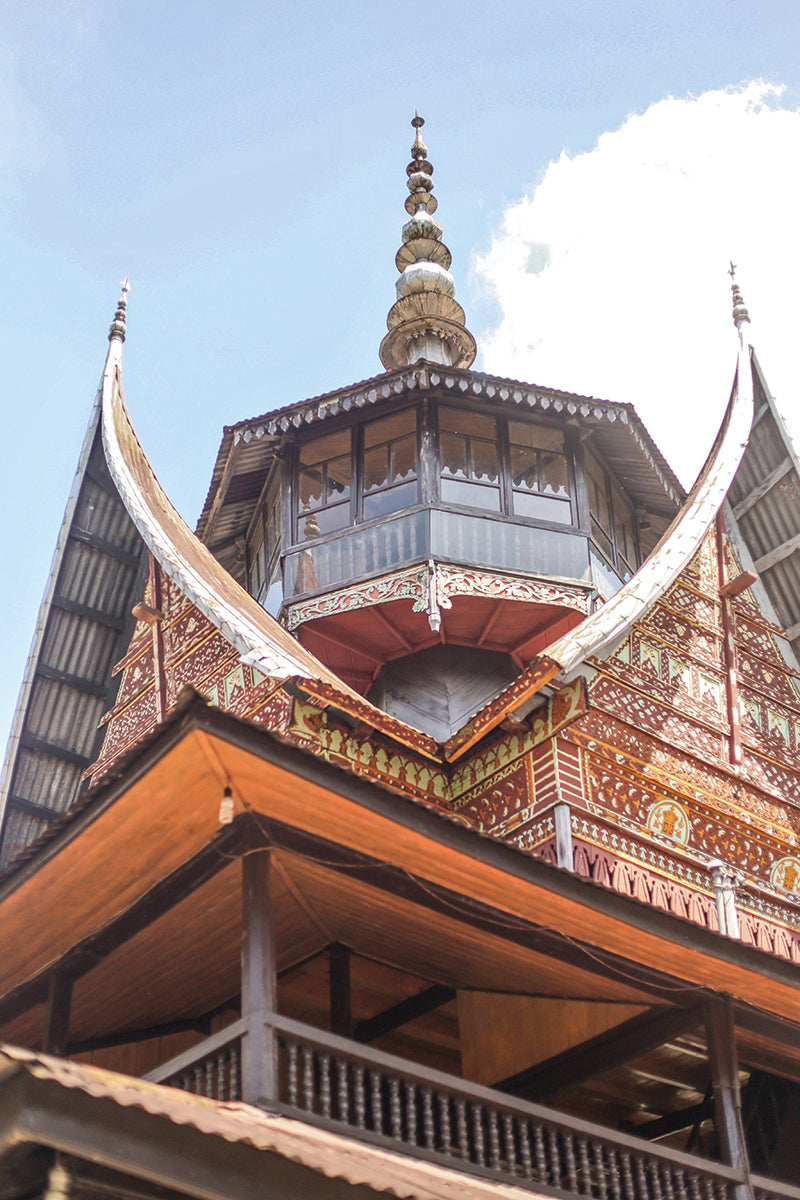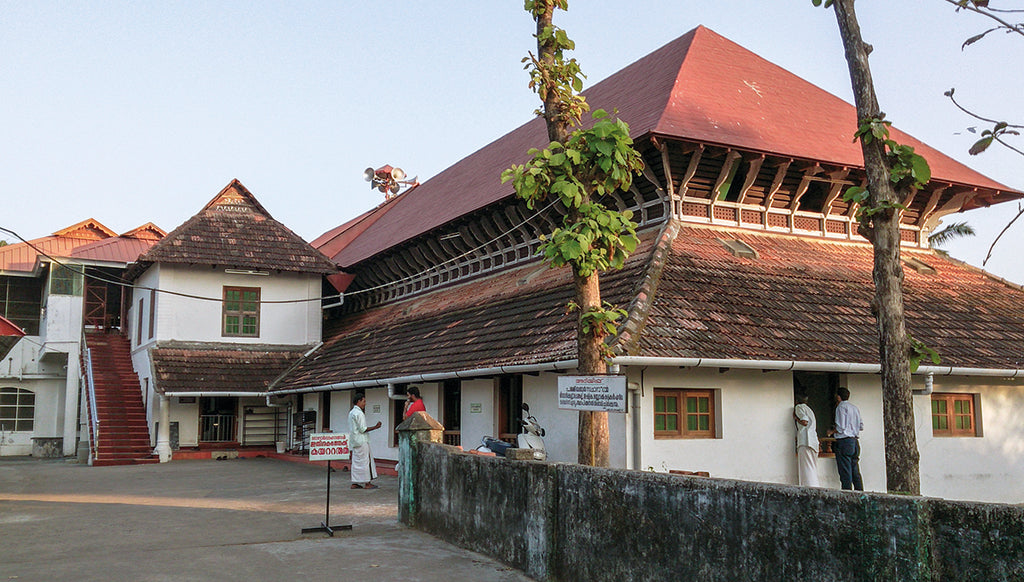Monsoon Mosques
Arrival of Islam and the Development of a Mosque VernacularMonsoon Mosques celebrates a finely curated selection of centuries-old mosques in South and Southeast Asia and explores the fate of these vibrant symbols of the integration of Islam into local culture. Praise: "Fels has done a superb job in documenting these vernacular mosques and telling their compelling stories. The exquisite photographs capture the details of the architecture and display the local craftsmanship and decoration that reveal their cultural identities. Monsoon Mosques raises the timely issue of conserving these unique mosques before they are replaced by the prototypical mosque archetype.…It is a book of architectural splendour of a different kind." David LungHonorary Professor of Architecture, former Head of Department and Dean, Faculty of Architecture, The University of Hong Kong ________________________ "Patricia Fels has written such a reflective book on the ‘monsoon’ mosques. The descriptions are very touching." Gunawan TjahjonoProfessor of Architecture, Jakarta, Co-Founder, Professor Gunawan Tjahjono Foundation ________________________ "Monsoon Mosques is a serious journey into the history and making of the ‘local mosque’. Such an insightful work will help assure the survival of these beautiful religious edifices and their preservation for posterity." Dr. Rajan Chedambath Director, Centre for Heritage, Environment and Development, Kochi ________________________ "This is a fine work of scholarship detailing the traditional vernacular styles of mosque…. Fels clarifies the form and materials of these rich, hybrid vernacular structures using numerous cases. Her engaging prose and beautiful illustrations provide much depth and detail, and make a compelling case for the preservation of these unique treasures. …an excellent read for students, scholars and practitioners interested in vernacular mosques and the building traditions and belief systems that produce these fascinating and unique structures." Manish ChalanaAssociate Professor, Urban Design and Planning, Director, Graduate Certificate in Historic Preservation, University of Washington
- Category: All Books, Architecture, MAPIN20
As Islam peacefully spread through the Indian Ocean littoral, the coastal trading cities responded in extraordinary ways. Modifying the form of the local tropical buildings of timber and stone, communities created a stylistic hybrid for their houses of prayer, the ubiquitous village mosque. An exceptional vernacular ensued, reflecting the unique combination of environment, local materials and building skills, trade and the traders. This volume celebrates a finely curated selection of centuries-old mosques in Kerala, Sumatra, Java and Malaysia.
Raised up high by the communities, the mosques are a marvel of timber, soaring spaces and traditional crafts. Since their creation, these local mosques have been kept alive and well as dynamic expressions of place. But the 20th and 21st centuries have brought numerous threats to their continued existence and vitality. Monsoon Mosques explores the fate of these vibrant symbols of the integration of Islam into local culture.
Patricia Tusa Fels, architect and historic preservationist, is the founder of PTF Architects. She has written about and worked on conservation projects in the United States, Italy, Malaysia, India and Indonesia. The research for her first book, Mosques of Cochin (Mapin, 2011), was funded by the Ford Foundation. In addition to a lengthy career in architecture, she has written for a wide variety of journals.
• Islam and the Sea, Trade Routes and the Spread of a New Religion
• Mosque Essentials: Space and Spices, Peace and Prayer
• India: Malabar
• Malay Heartland: Sumatra and Peninsula Malaysia
• Java: Pavilions for Prayer
• Merchant’s Mosque: A Foot in Two Worlds
• Conclusion
• Acknowledgements
• Bibliography
| Pages | 140 |
| Number of photographs | 110 |
| Number of illustrations | 8 drawings |
| Size | 7.16 x 9.25” (182 x 235 mm), sc with gatefold |
| Date of Publishing | 2020 |
| Language(s) | English |
| Rights Available | World rights |
David Lung
Honorary Professor of Architecture, former Head of Department and Dean,
Faculty of Architecture, The University of Hong Kong
________________________
"Patricia Fels has written such a reflective book on the ‘monsoon’ mosques. The descriptions are very touching."
Gunawan Tjahjono
Professor of Architecture, Jakarta,
Co-Founder, Professor Gunawan Tjahjono Foundation
________________________
"Monsoon Mosques is a serious journey into the history and making of the ‘local mosque’. Such an insightful work will help assure the survival of these beautiful religious edifices and their preservation for posterity."
Dr. Rajan Chedambath
Director, Centre for Heritage, Environment and Development, Kochi
________________________
"This is a fine work of scholarship detailing the traditional vernacular styles of mosque…. Fels clarifies the form and materials of these rich, hybrid vernacular structures using numerous cases. Her engaging prose and beautiful illustrations provide much depth and detail, and make a compelling case for the preservation of these unique treasures. …an excellent read for students, scholars and practitioners interested in vernacular mosques and the building traditions and belief systems that produce these fascinating and unique structures."
Manish Chalana
Associate Professor, Urban Design and Planning, Director, Graduate Certificate in Historic Preservation, University of Washington








